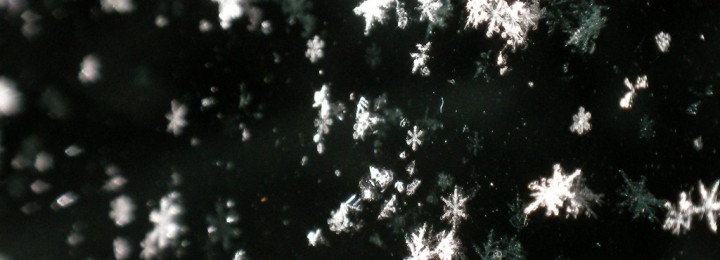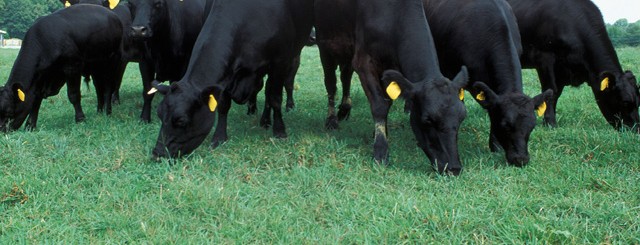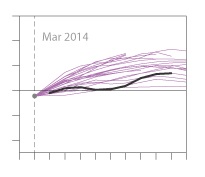Climate science
-

As I was driving in to work this morning, I noticed a few snowflakes drifting through the air. Some of you in Atlanta and north Georgia may have seen a few more. When I got to work, I found this video on falling snow taken from a high-speed camera in my inbox from EarthSky. The…
-

In spite of what your calendar says, for climatologists spring begins on March 1. If you are interested in why we use March 1 instead of the astronomical date, which this year is March 20, you can read about it in this blog post from the Illinois State Climatologist, Jim Angel, at https://climateillinois.wordpress.com/2015/02/23/will-spring-ever-get-here-yes-it-will/ Besides, I…
-

After any winter storm, armchair meteorologists complain about how bad the forecast was, how the National Weather Service and broadcast meteorologists blew it, and how disappointed they are. Dr. Marshall Shepherd, UGA Geography professor, put together this side-by-side comparison to show that in this very tricky situation, the NWS did a fantastic job of getting…
-

The Washington Post posted an article yesterday discussing grass-fed beef and how production methods affect the balance of greenhouse gases like methane. Since cows produce methane as part of the digestion process, and methane can increase global warming by absorbing infrared radiation being given off from the Earth, this is an important question. But it…
-

I don’t know about you, but I am ready for spring. But while we’re waiting for the next storm to hit northern parts of the Southeast tomorrow, here are a few stories about winter storms that might be of interest to you. Yahoo News has a story colorfully entitled “Why it’s so freaking cold” about…
-

The single most important atmospheric oscillation that affects the climate in the Southeast is the El Nino-Southern Oscillation. You can refresh your memory of what an El Nino is by clicking here. NOAA’s climate blog has a new entry that explains why the El Nino forecast this year appeared to fail (or “bust” as meteorologists…
-

Vox.com had an interesting article this week which discussed the history of the Fahrenheit and Centigrade temperature scales and why the US is the only major country that still uses the Fahrenheit scale. You might enjoy reading about the controversy here. Marshall Shepherd, UGA Geography professor, posted a blog article this morning discussing the topic and…